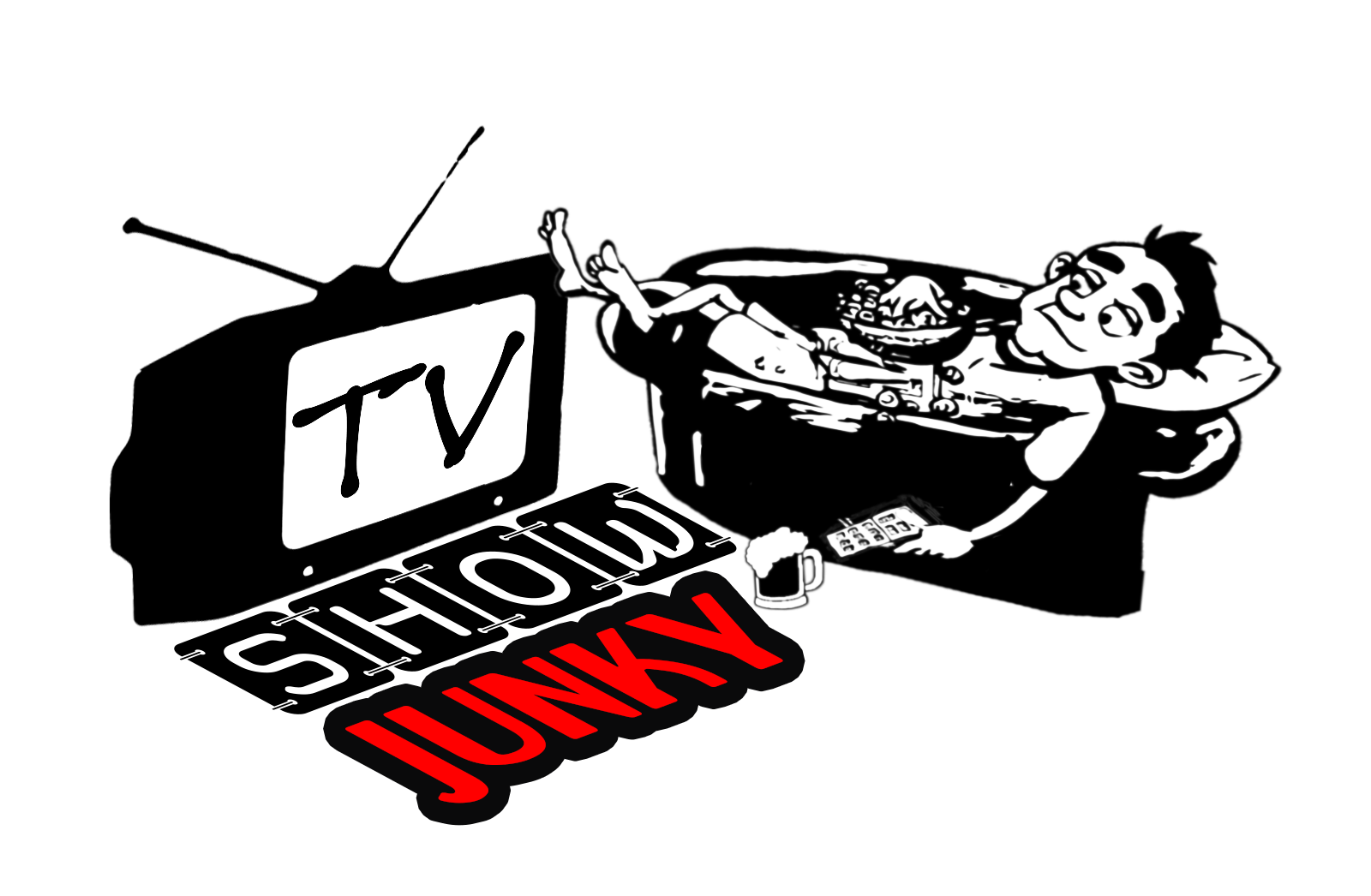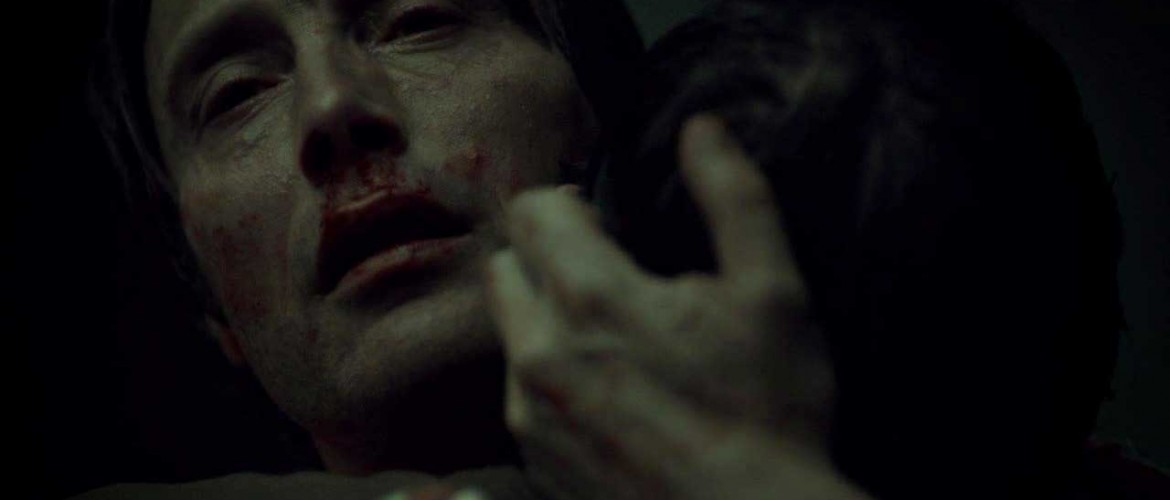I’ll admit, somewhere in Europe at the beginning of Season 3 Hannibal lost me with its low-key lighting and grotesquely beautiful artistic cuts and flashbacks, all accompanied by a swaying dramatic score. While these elements were all things I loved about the show initially, the excessively artistic mise en scene threw even me for a loop. And I went to film school and generally love such theatrics.
I can only assume the melodrama was lost on the average layman TV show junky, who is more comfortable watching mindless sitcoms and Donald Trump rallies. So it’s no surprise that NBC neglected to renew the series for a fourth season (though creator Bryan Fuller has hinted at a revival movie).
As a huge fan of Hannibal, I have written previously about how the plot unfolded to introduce the Red Dragon. In general there are some noticeable differences between the series itself and Thomas Harris’ original novels. Still, I have nothing but love for the now canceled show. I’ve read reviews from [1]Entertainment Weekly, [2]Variety and, last but not least, the [3]LA Times that are written so well you’d swear they were lavishing praise on the latest Pulitzer Prize winner. These reviews are as sweepingly intellectual and analytical as the show is creatively chaotic.
So, I dare not compete and instead I will gear my perspective toward the average, everyday viewer. While one of the reviews suggests the show sheds light on mental health issues, the consensus is that the toxic love/hate relationship between Will Graham and Dr. Hannibal Lecter was the focus throughout all three seasons of the show. Among other key story components, the producers spent quite a long time on Will and Jack catching Hannibal, which by the way, was oddly my favorite part of the show. But, I know that there was some criticism about this because not everyone felt the same.
Unfortunately, Will’s tortured disposition, I felt, grew slightly excessive at times as it seemed that the show’s producer’s and writers went to the “well too many times” with this emotionally drained and psychologically twisted soul. Episode after episode, Will Graham’s character lacks arc and remains the same weary and afflicted FBI profiler, exhausted from dealing with manipulation and the homo-erotic relationship that he and Hannibal are tangled in. It’s a case from which Graham will never be the same.
In these finale episodes of season three, I’ll be honest there were times I had to close the blinds and turn off every light in the room to make sense of what was happening on screen. The show definitely drilled home the point with its stylized choice of extreme low-key lighting that the relationship between Will and Hannibal was a dark one. Honestly, I’ve found some of the scenes difficult to watch and not at all because of the blood or mutilated human carcasses. At times, I wished the DP/Cinematographer had lit the set a little bit brighter. Nonetheless, I’ve remained a Hannibal fan despite some of its flaws, though I think that the story could have been tweaked to grab a larger audience share rather than focus on a much smaller pool of art-school types. Perhaps Hannibal could have had a longer running, beyond three short seasons. Still, you have to hand it to Fuller for sticking to his guns and not diverting from his original path.
That said, Hannibal’s ending couldn’t have been executed more beautifully, when Will and Hannibal work together to defeat the Red Dragon, despite their surely mortal wounds. The ending once again focuses on Hannibal’s and Will’s relationship, and it ignores all others.
Though this isn’t surprising as the show focused on the understanding Will had of Hannibal’s way of thinking, his mindset, and this understanding bonded Will to Hannibal in a way no one else could.
After defeating the Red Dragon, Will and Hannibal continue their relationship to the afterlife, plunging off the cliff together and into final peaceful eternity. Will of course, being the one to take Hannibal with him as he makes the leap. It’s a noble death perhaps, but a fitting one. Their odd love relationship toxically taints the last bit of good in Will as he is seduced by Hannibal’s tantalizing evil. The show couldn’t have gone out with a louder bang, not to mention the delicious meal of her own leg that Bedelia is about to feast on, becoming just like Hannibal. In essence, despite Will’s final act of martyrdom, Hannibal becomes an intimate lasting spirit in all those he came to influence.
[1] http://www.ew.com/article/2015/08/30/hannibal-series-finale-review
[2] http://variety.com/2015/tv/news/hannibal-finale-season-4-movie-revival-ending-spoilers-1201581424/
[3] http://www.latimes.com/entertainment/tv/showtracker/la-et-st-hannibal-finale-20150830-story.html


